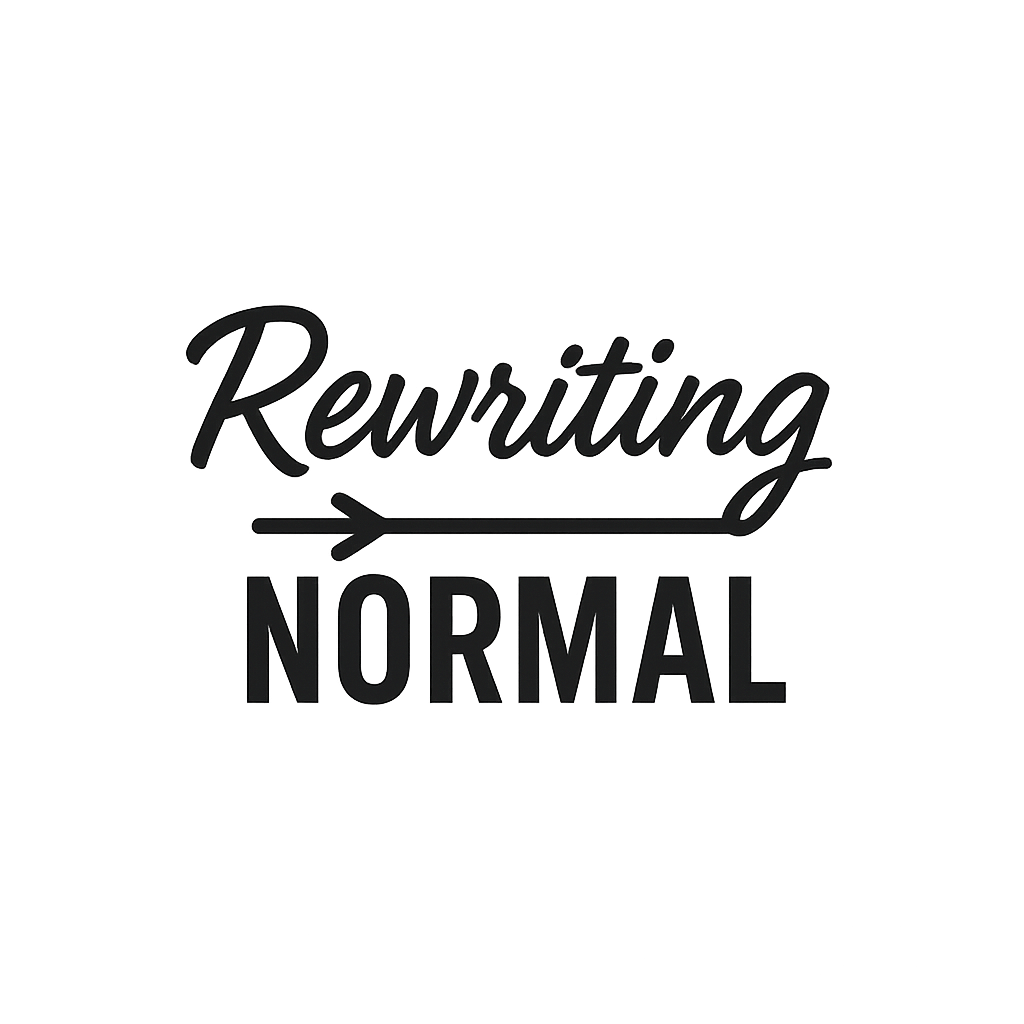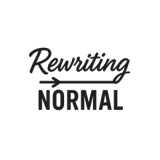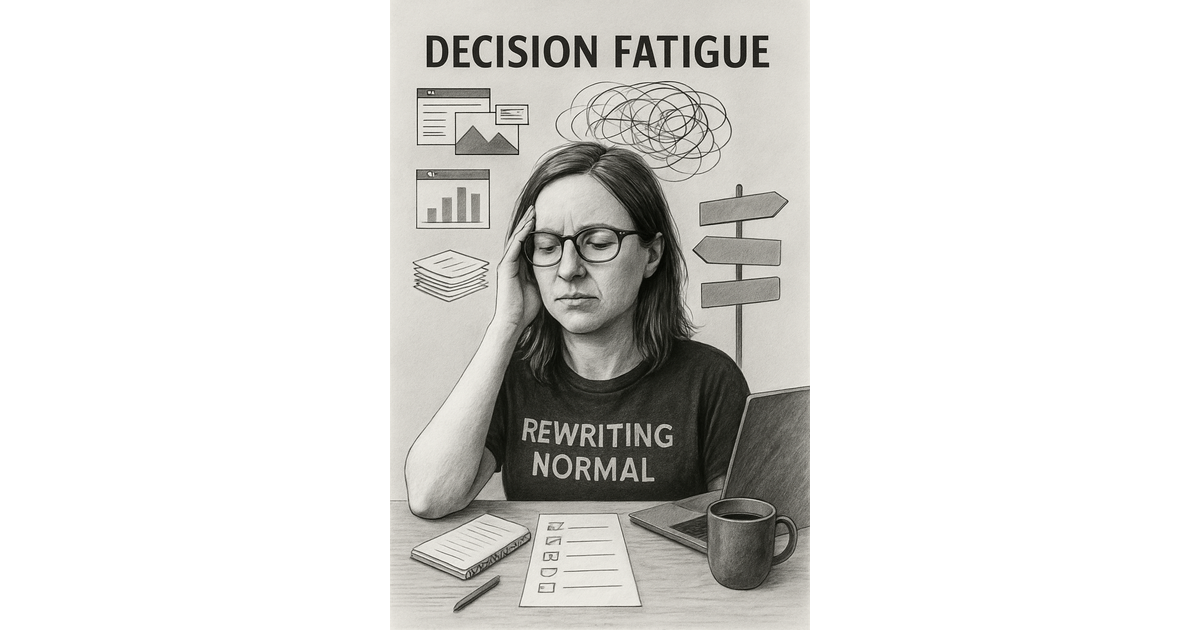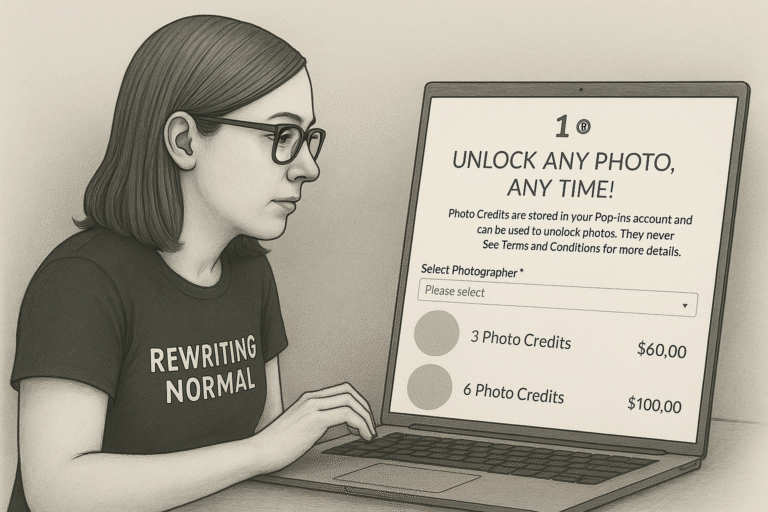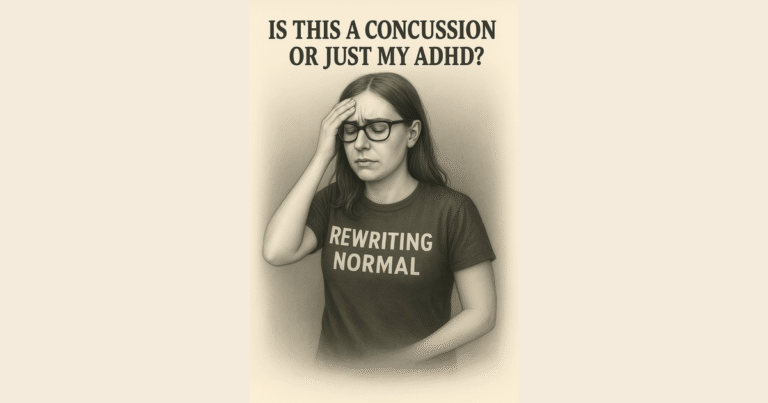I’m Not Lazy – I Have Decision Fatigue
I don’t remember exactly when decision-making started feeling so hard. It’s not that I can’t make decisions—I’ve done it for years in professional settings. I don’t remember exactly when ADHD decision fatigue started creeping into my life. I’ve made plenty of big decisions at work—but in my personal life? It’s like wading through mud most days.
I’ve come to realise it’s not laziness. It’s decision fatigue. And for people with ADHD, it’s a very real thing.
The Mental Load Behind a Grocery List
In our house, I usually do the grocery planning and my husband does the cooking. But that first step—figuring out what we’re even eating—falls to me.
That means coming up with a menu, making sure it fits our UPF-Free (ultra-processed food free) lifestyle, and trying to avoid endless repeats. We’ve tried meal kits like foodbags, but after a while we get bored, or it doesn’t suit our current routine. And because our lives don’t really allow for last-minute shopping trips (hello, time blindness), I need to plan ahead.
All of that just to put food on the table. It’s tiring.
Decision Paralysis and the Pressure to Get It Right
Some of this traces back to the way I grew up. I moved five times before I turned 14—four of those were within New Zealand, and one overseas. It wasn’t military-related; my dad was a teacher and took new roles every few years. That meant I never really settled. I internalised a lot of uncertainty, and as an adult, I often second-guess myself.
When we returned to New Zealand after years in Australia, deciding where to live was a nightmare. Small town or city? North or South Island? Should we renovate our existing home or move elsewhere?
The renovations nearly broke me. Every tiny detail was a decision: carpet colours, carpet types, roof colour, staging. I researched everything until I became a temporary expert, and it was still overwhelming. My psychologist at the time encouraged me to access my “wise mind”—but I was using it. I’d mapped out every pro and con.
We finally moved to a place that wasn’t even our top choice, but seemed to offer a good balance between lifestyle and opportunity. I hope it sticks. For my kids, especially, I hope we can stay put.
The Details Matter—Sometimes Too Much
When we were renovating, one of the most exhausting decisions was the roof colour. It sounds simple. But I wanted it to match the brick. I also wanted it to reflect heat and not get too hot in summer. I didn’t want it to show dirt or fade quickly. And of course, I wanted it to boost curb appeal—because resale matters, and so does not hating your house every time you pull into the driveway.
A neurotypical friend casually suggested hiring a colour consultant. But we didn’t have the money for that, and honestly? I don’t think anyone would have analysed it as thoroughly as I did. I researched, I compared, I stared at photos of roofs like it was a hobby. Because I didn’t want to waste money—or get it wrong.
And that’s another layer: when I do make a decision and it turns out badly, I can spiral. I beat myself up. I’ll think, “How did I miss that? I thought I thought of everything.” It’s not just a mistake—it becomes personal. Like a failure of my thinking, not just my choice.
But really, all that analysing? It’s me trying to protect myself. I don’t want to feel the shame or self-blame later. I want to feel safe in my choices. So I look at every angle, trying to bulletproof the outcome. It’s not overthinking for the sake of it. It’s me doing my best to feel okay.
ADHD and the Curse of Too Many Tabs
Buying a laptop sounds simple until you have ADHD. Suddenly, you’re comparing CPU benchmarks, RAM specs, battery life, and weighing up deals across twenty browser tabs. I learnt what I needed to learn and found a good deal, but the process? It drained me.
And that’s the kicker: even “small” decisions become massive energy drains. The cycle repeats across every project I want to start. I’ve got ideas—so many ideas—but often the act of choosing one freezes me. And that hurts, because it means progress gets stalled by indecision.
Sometimes it’s not the actual decision that’s hard—it’s the buildup. The mental load of thinking about it is so overwhelming that I park it. I write it down, tell myself I’ll come back to it later. And then it sits there. Not just on the list, but in my head, taking up space. The longer it sits, the heavier it feels. I start avoiding the task—not because I’m lazy, but because I’m already drained just thinking about it.
Protecting My Kids? No-Brainer. Everything Else? Exhausting.
Some decisions are easy. When my child was experiencing school refusal and anxiety, pulling him out was simple. His wellbeing came first.
But now we’re homeschooling, and there are new decisions around re-entry, routines, and the long-term. He says he wants to keep homeschooling. I support that. But I still worry—will he grow up and say, “You should’ve made me go to school”?
I’m Always Weighing Up Everything
Here’s what it feels like: my brain constantly runs cost-benefit analyses on every decision. Sometimes it’s helpful. But mostly, it’s exhausting. I try not to waste money. I try to consider everyone’s needs. I try to future-proof each choice. And it takes a toll.
If you’ve ever looked at someone with ADHD and thought they were “lazy” or “flaky,” I hope this gives you a different perspective. We’re not lazy. Our brains are just running at full tilt trying to make the right decisions all the time.
According to ADDitude Magazine, decision fatigue can hit people with ADHD harder than most—because we’re already managing so much cognitive noise.
TL;DR: It’s Not Laziness. It’s the ADHD Decision-Making Load.
- Decision fatigue is real, especially with ADHD.
- Even small choices can feel overwhelming.
- The mental load often outweighs the task itself.
- You’re not lazy—you’re managing a thousand invisible variables.
If you’ve ever looked at someone with ADHD and thought they were “lazy” or “flaky,” I hope this gives you a different perspective. ADHD decision fatigue is real—and it can make everyday life exhausting.
If you relate to this, you’re not alone. I see you.
